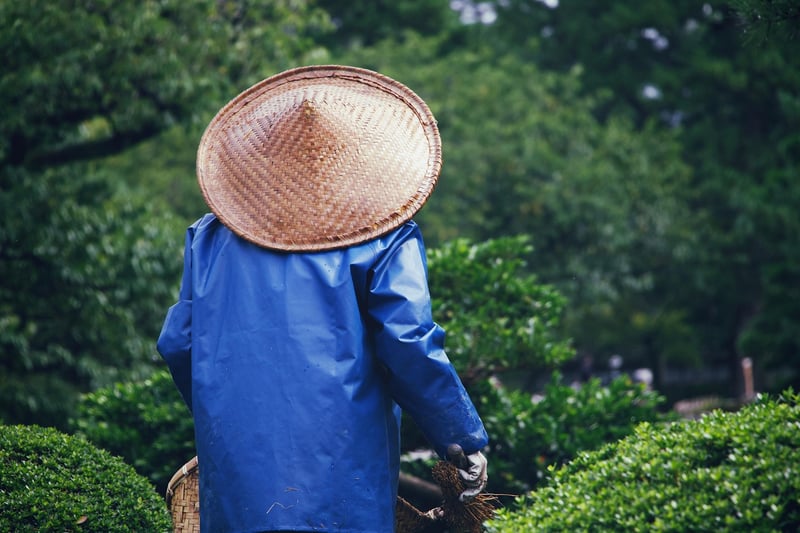Pest Control
Keeping Your Garden Healthy: Pest Control Tips
Welcome to our guide on maintaining a healthy garden and effectively controlling pests to ensure your plants thrive. A lush garden not only adds beauty to your home but also provides a relaxing environment. However, pests can quickly wreak havoc on your plants if left unchecked. Let's explore some natural and eco-friendly pest control methods to keep your garden flourishing.
1. Plant Diverse Crops
Diversifying your garden with a variety of plants can help reduce the spread of pests. Interplanting different species can confuse pests and make it harder for them to locate their favorite host plants.
2. Maintain Good Hygiene
Regularly remove dead or diseased plants, fallen leaves, and weeds from your garden. Pests often hide in decaying plant matter, so keeping your garden clean can help prevent infestations.
3. Beneficial Insects
Attracting beneficial insects like ladybugs, lacewings, and parasitic wasps can help control pest populations naturally. These insects prey on common garden pests, providing an eco-friendly solution to pest management.
4. Neem Oil Spray
Neem oil is a natural insecticide that can effectively control a wide range of pests such as aphids, mites, and beetles. Mix neem oil with water and a small amount of dish soap, then spray it on your plants to deter pests.
5. Companion Planting
Planting certain species together can help repel pests. For example, marigolds emit a scent that deters nematodes, while planting basil near tomatoes can protect them from pests like whiteflies.
6. DIY Pest Traps
Create homemade pest traps using simple materials like beer traps for slugs, sticky traps for flying insects, or barriers like copper tape to deter snails and slugs.
7. Crop Rotation
Rotating your crops each season can help disrupt pest life cycles. Pests that rely on specific plants may struggle to survive if their host plants are moved to a different location the following season.
8. Natural Predators
Encourage natural predators like birds, frogs, and spiders to inhabit your garden. These creatures feed on garden pests, helping to maintain a natural balance in your garden ecosystem.
Conclusion
By following these natural pest control methods and maintaining a healthy garden environment, you can effectively manage pests without resorting to harsh chemicals. Remember that a diverse and balanced garden is more resilient to pest infestations. Happy gardening!

For more information on pest control and gardening tips, check out Royal Horticultural Society.
